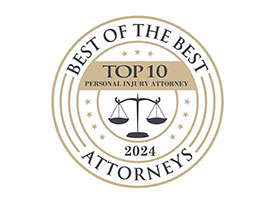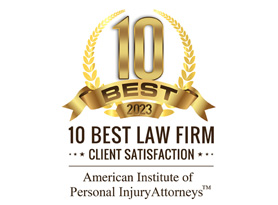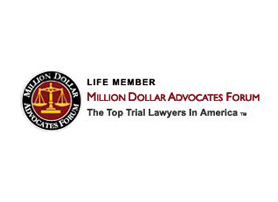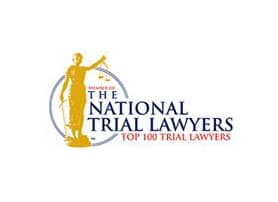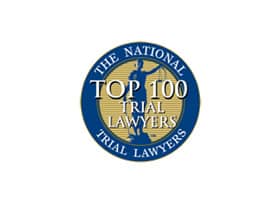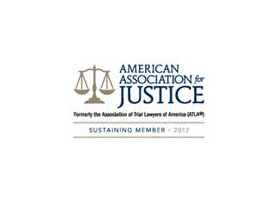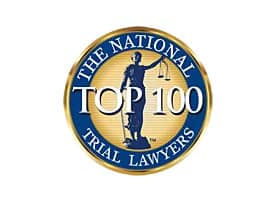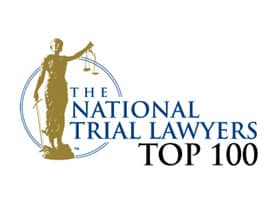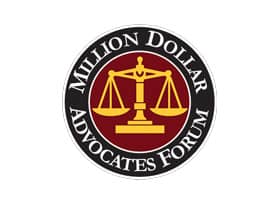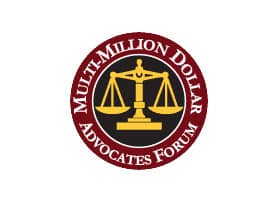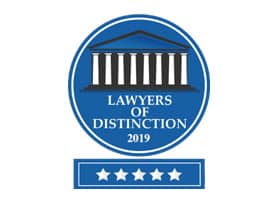How Does the Court Establish Liability? Is the Trailing Driver Always Responsible?
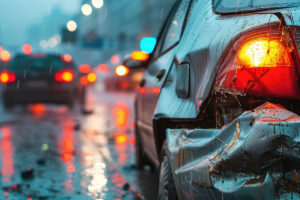 If you’ve been involved in a rear-end crash, you’re in good company. It’s the most common type of motor vehicle accident, accounting for about a third of all collisions. Determining liability may seem pretty straightforward. There’s a common belief that the person in the rear vehicle has a duty to pay attention to the road ahead and will always be found responsible. While that’s often the case, there are exceptions.
If you’ve been involved in a rear-end crash, you’re in good company. It’s the most common type of motor vehicle accident, accounting for about a third of all collisions. Determining liability may seem pretty straightforward. There’s a common belief that the person in the rear vehicle has a duty to pay attention to the road ahead and will always be found responsible. While that’s often the case, there are exceptions.
How Is Liability Determined in a Rear-End Accident?
As with most personal injury claims, liability is generally based on the legal theory of negligence. To establish negligence, the jury first determines the facts, based on the evidence introduced by both parties. Once the facts are established, the jury considers whether the actions of the trailing driver were reasonable under the circumstances:
- Was the trailing driver operating the vehicle at a reasonable rate of speed?
- Did the trailing driver maintain a reasonable distance behind the other car, so as to be able to stop in time?
- Did the trailing driver reasonably take adverse weather conditions into consideration and adjust their driving accordingly?
- Did the trailing driver engage in reasonable maintenance of their vehicle, so as to prevent an accident that might be caused by a breakdown or malfunction?
- Was the trailing driver unreasonably tired or under the influence of drugs or alcohol?
When Might the Driver of the Front Vehicle Be Liable?
The jury may apply the same standard to the driver of the other vehicle. Was their conduct reasonable under the circumstances? Situations where a jury may find the driver in front to be at fault include:
- An accident caused because the driver of the front car had brake or turn signals that were either not working and the driver failed to take the necessary steps to ensure that those safety features were properly functioning
- An accident caused when the driver of the front vehicle suddenly and without reason slammed on the brakes, a practice known as “brake checking”
- An accident caused when the driver in front put the car into reverse and backed into the trailing driver
Contact the Law Office of Howard D. Popper
At the Law Offices of Howard D. Popper, we can help protect your rights. For a free initial consultation to discuss your options after any type of personal injury, contact our office online or call 973-993-8787 to set up an appointment. We have offices in Morristown and Newton.
We handle all personal injury claims on a contingent fee basis. You won’t pay any attorney fees unless we recover damages for your losses.
